Objective: As an advisor focused on innovation and talent growth, I want to challenge the current narrative around AI “cheating” in tech interviews and urge industry leaders to adopt a future-ready, integrative approach.
1. The Narrow Lens on “Cheating” Misses the Larger Opportunity
Many tech leaders have recently expressed concern about candidates leveraging AI during coding interviews—labelling it as “cheating.” This view fails to acknowledge that AI tools are now integral to the developer’s toolkit, amplifying problem-solving and efficiency. By focusing only on detection and exclusion, leaders risk penalizing adaptability and overlooking promising talent.
2. Interview Mindset: From Policing to Probing Real Skills
It’s time we move beyond gatekeeping and instead examine:
How candidates blend core coding skills with AI tools for faster, higher-quality solutions
Their ability to integrate multiple modules, APIs, and logic—not just write rote code
Critical evaluation and debugging of AI-generated code, showing deeper understanding
3. Tech Leaders Must Evolve Too
If interviewers are stuck on the “old school” model, we’re holding teams back from real productivity gains. Leaders have a responsibility to:
Understand how modern development works—with AI as enabler
Design interviews that simulate real-world, AI-augmented problem solving
Reward transparent, thoughtful AI use rather than punishing it
4. Reframing the Discussion: AI as an Enabler of Innovation
The mission should not be to weed out AI use, but to:
Spot candidates who can responsibly leverage AI for integration, collaboration, and higher output
Encourage honest discussions about strengths and risks, including ethics, copyright, and validation
Prepare teams for the future workplace, where human creativity and AI work together side by side
5. Time for Leadership Maturity
Trust that tech leaders will move beyond knee-jerk reactions and adopt a mature, inclusive evaluation process. Interviewers need to step out of their comfort zones and embrace the evolution of software development. This means not only updating the questions but also training interviewers on how to effectively assess candidates’ ability to integrate AI tools and solve real-world problems—rather than relying solely on outdated coding tests. The best tech leaders will be those who adapt, empower their teams, and nurture excellence that blends human creativity with AI.
To build high-performance, innovative teams, the hiring approaches and mindsets need to align with future realities—not cling to outdated comforts.

